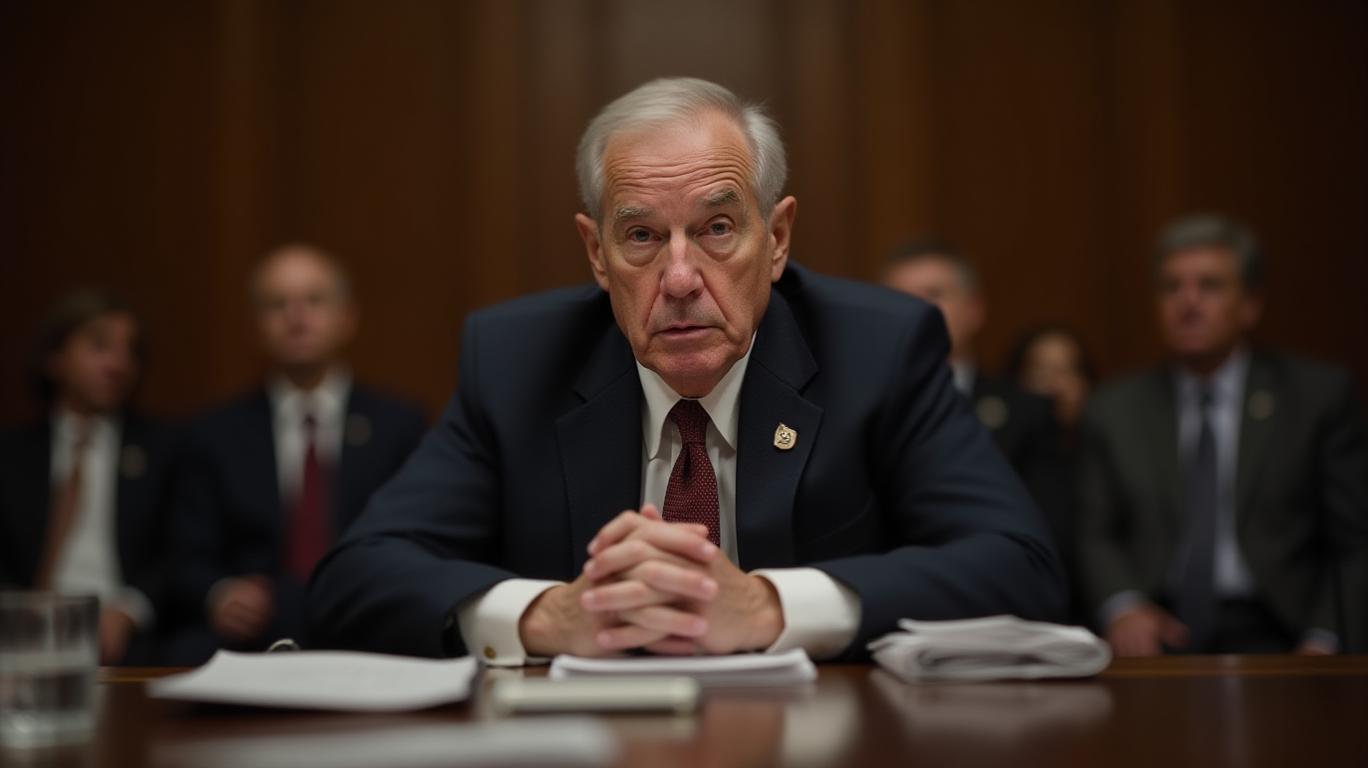Federal Reserve Unlikely to Implement QE in 2025 Amid Economic Uncertainty
In March 2025, the U.S. Federal Reserve is unlikely to implement quantitative easing (QE) given the current economic conditions, according to Mistral AI LeLE-- Chat. This assessment comes amidst a backdrop of economic uncertainty and global trade tensions. The Federal Reserve's decision to ease monetary policy would depend on various factors, including inflation rates, economic growth, and global trade dynamics.
The economic landscape in 2025 is fraught with challenges, including the potential for a global trade war and the impact of tariffs on various industries. Business leaders, investors, and policymakers have been discussing these issues at various events, where the focus has been on the economic implications of trade policies and the future of cryptocurrencies. The discussions have highlighted the need for strategic planning and adaptability in the face of economic volatility.
The potential for a broad deal between the U.S. and China has been a topic of interest, with some suggesting that the current administration's tough stance on trade could lead to a more favorable outcome. However, the economic impact of tariffs and trade policies remains a significant concern for businesses and investors alike. The uncertainty surrounding trade policies has led to calls for greater cooperation and dialogue between nations to mitigate the risks of economic conflict.
The outlook for cryptocurrencies has also been a subject of discussion, with some industry leaders noting the potential for regulatory changes to support the growth of digital assets. The easing of rules around cryptocurrency by U.S. banking regulators has been seen as a positive development for the industry, encouraging greater involvement from traditional financial institutionsFISI--. This shift in regulatory stance could pave the way for increased adoption and investment in cryptocurrencies, further integrating them into the global financial system.
The economic uncertainty and potential for trade conflicts have also raised concerns about the impact on various industries, including automotive and luxury goods. Companies have expressed readiness to navigate potential tariffs, highlighting the need for strategic planning and adaptability in the face of economic challenges. The automotive industry, in particular, has been grappling with trade policy uncertainty, with the threat of U.S. import tariffs raising alarm bells among many original equipment manufacturers.
In summary, the economic outlook for 2025 is marked by uncertainty and potential challenges, including the impact of trade policies and the need for strategic planning and adaptability. The Federal Reserve's decision to ease monetary policy will depend on various factors, and the outlook for cryptocurrencies remains positive amidst regulatory changes. Businesses and investors will need to navigate these challenges with a focus on long-term growth and sustainability.

Quickly understand the history and background of various well-known coins
Latest Articles
Stay ahead of the market.
Get curated U.S. market news, insights and key dates delivered to your inbox.



Comments
No comments yet